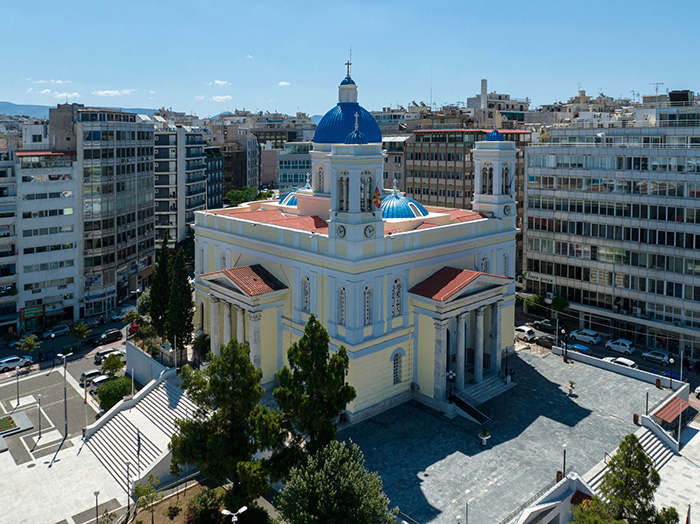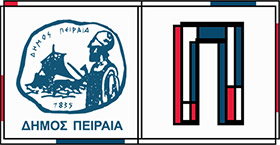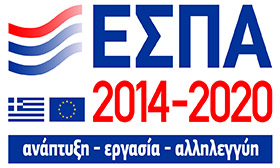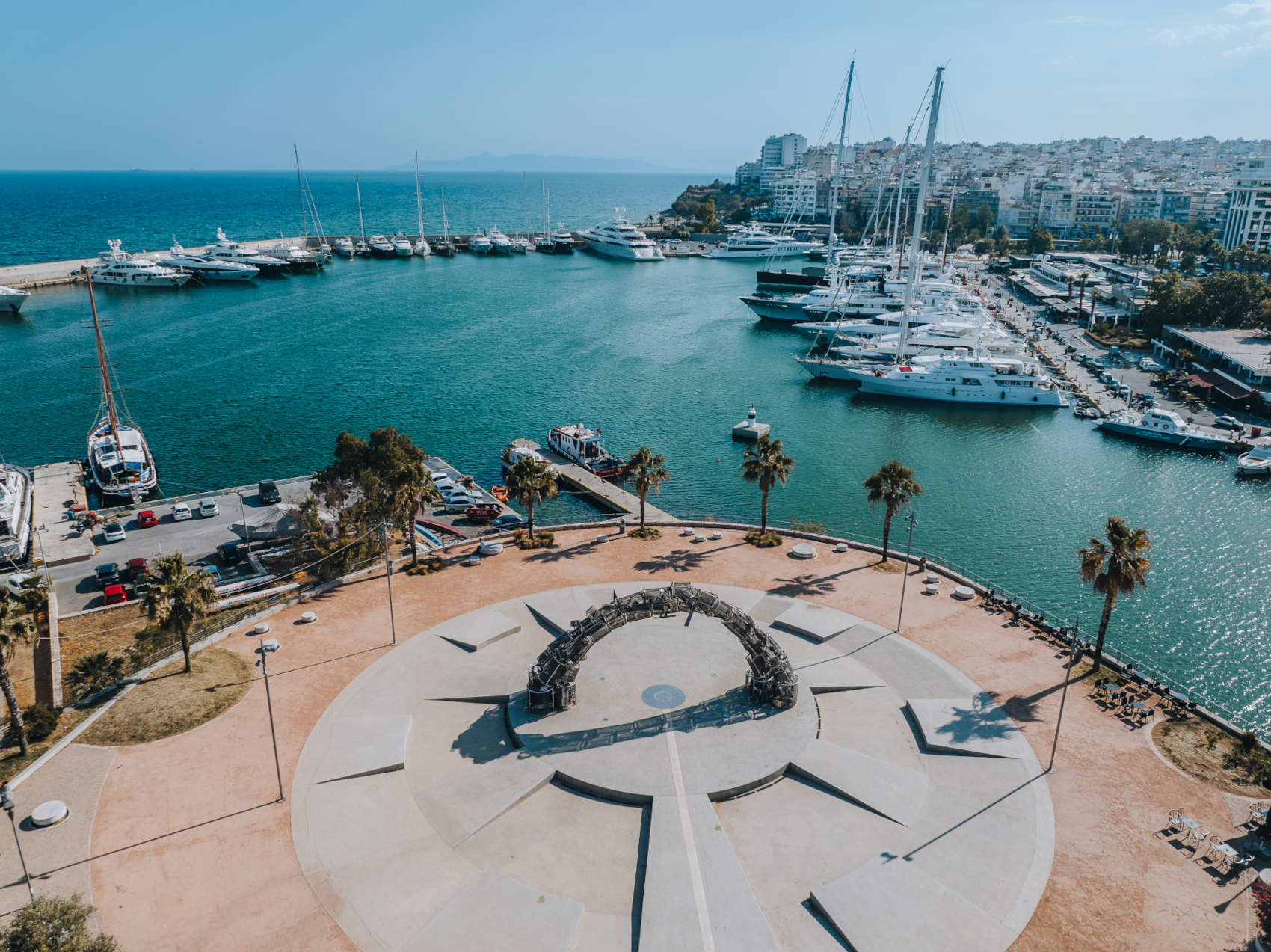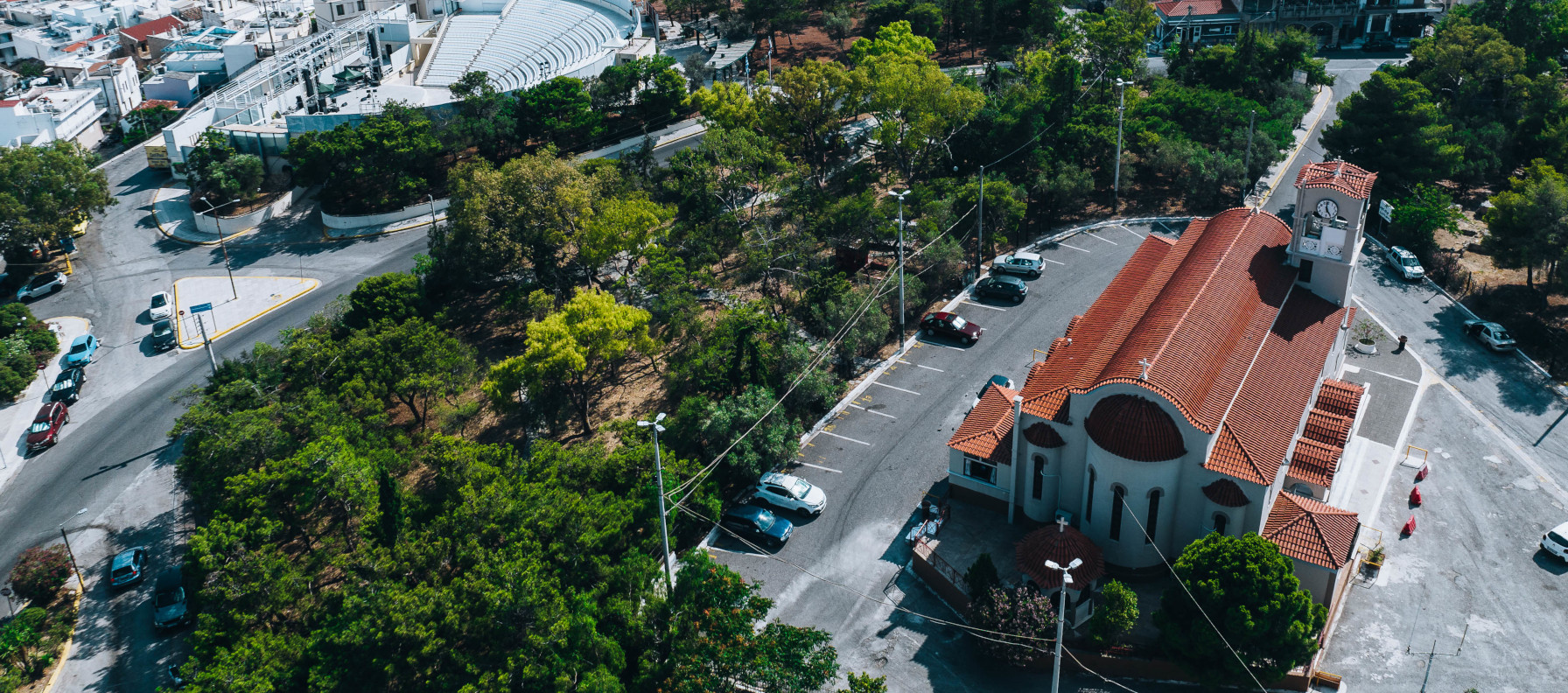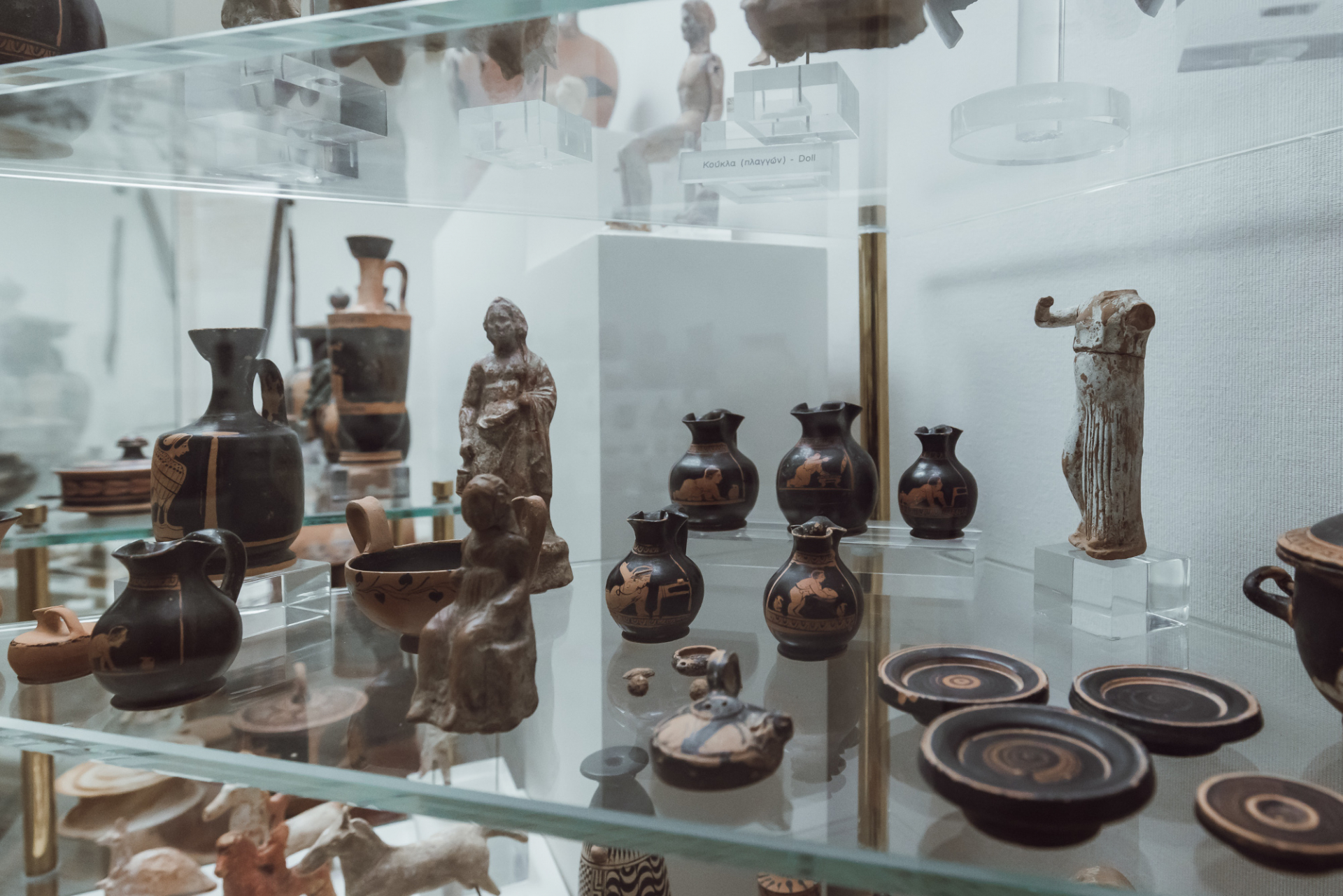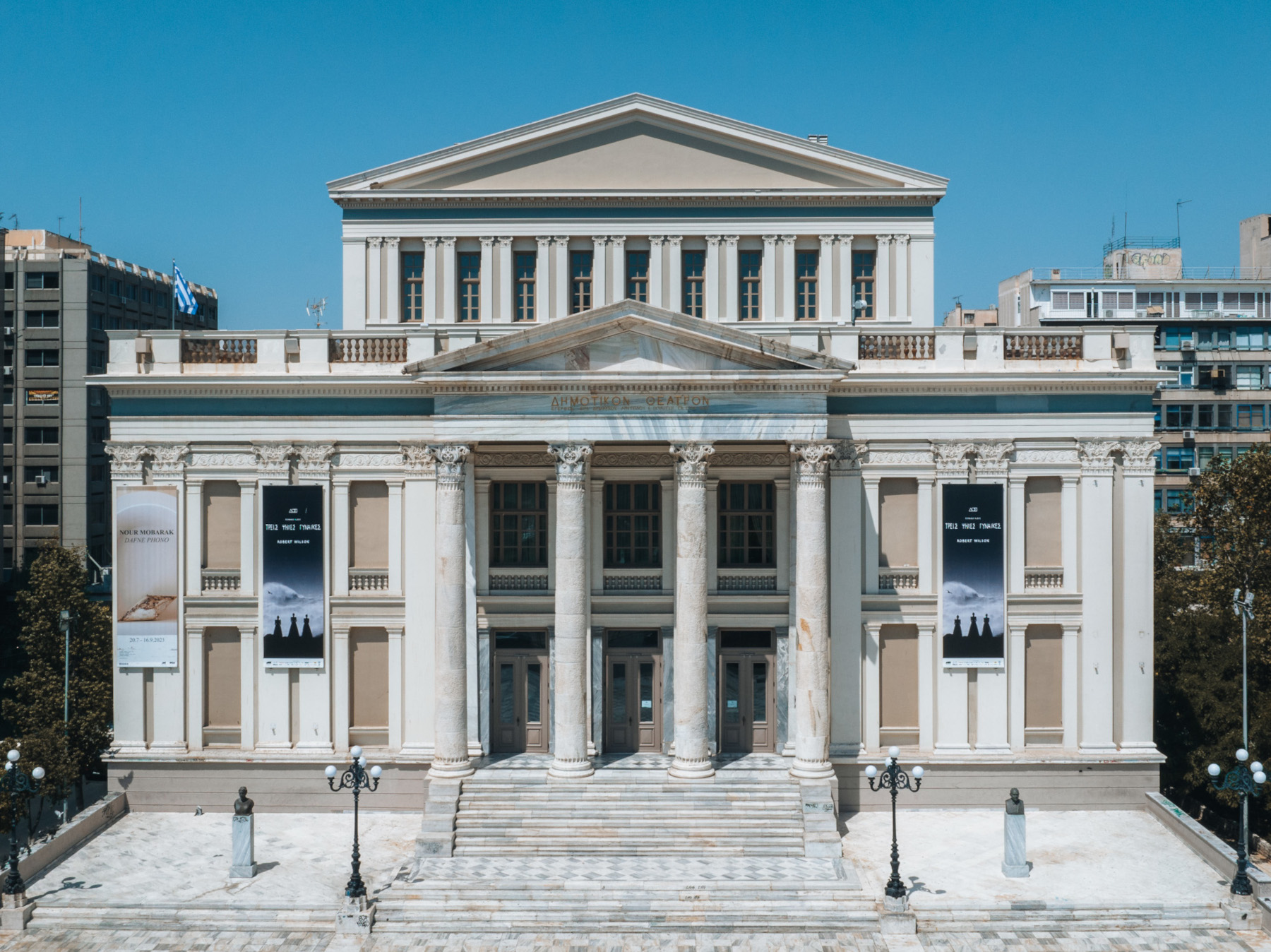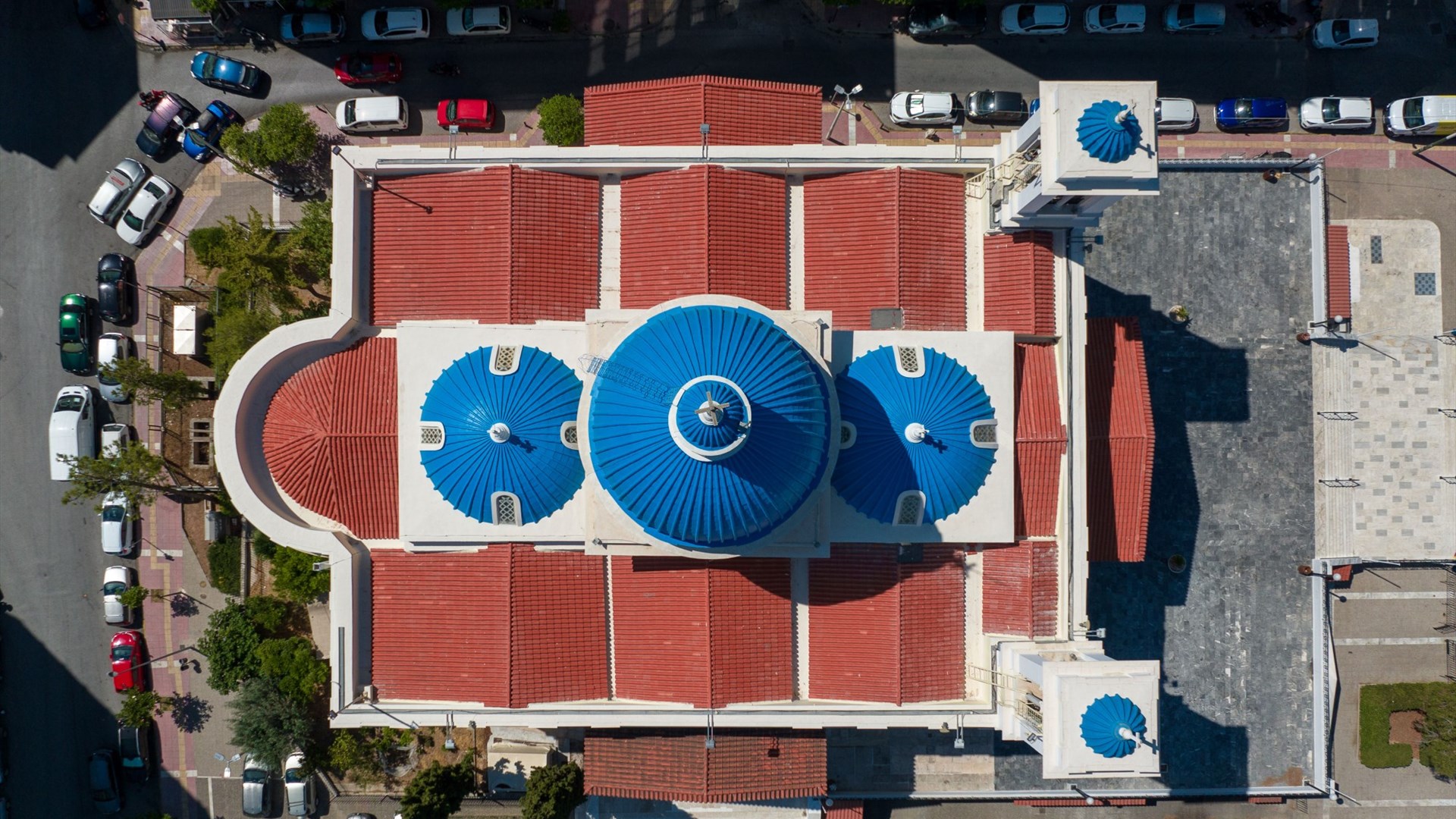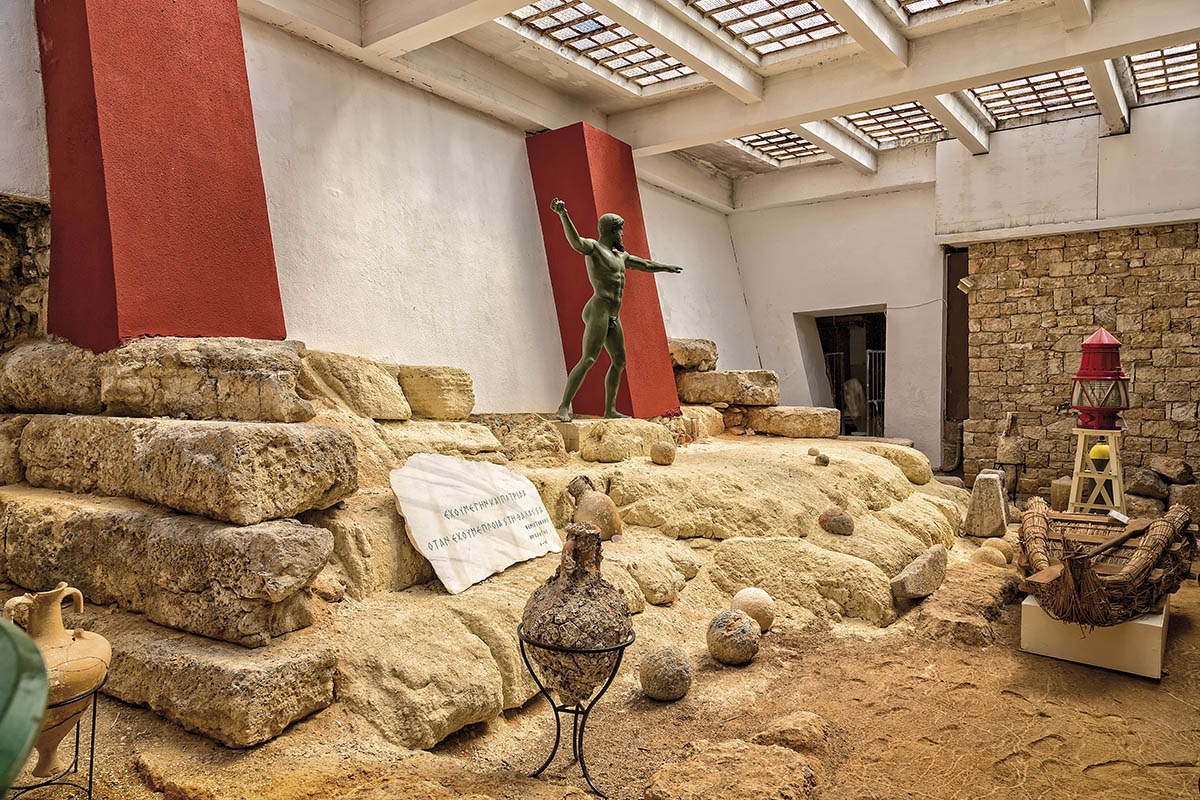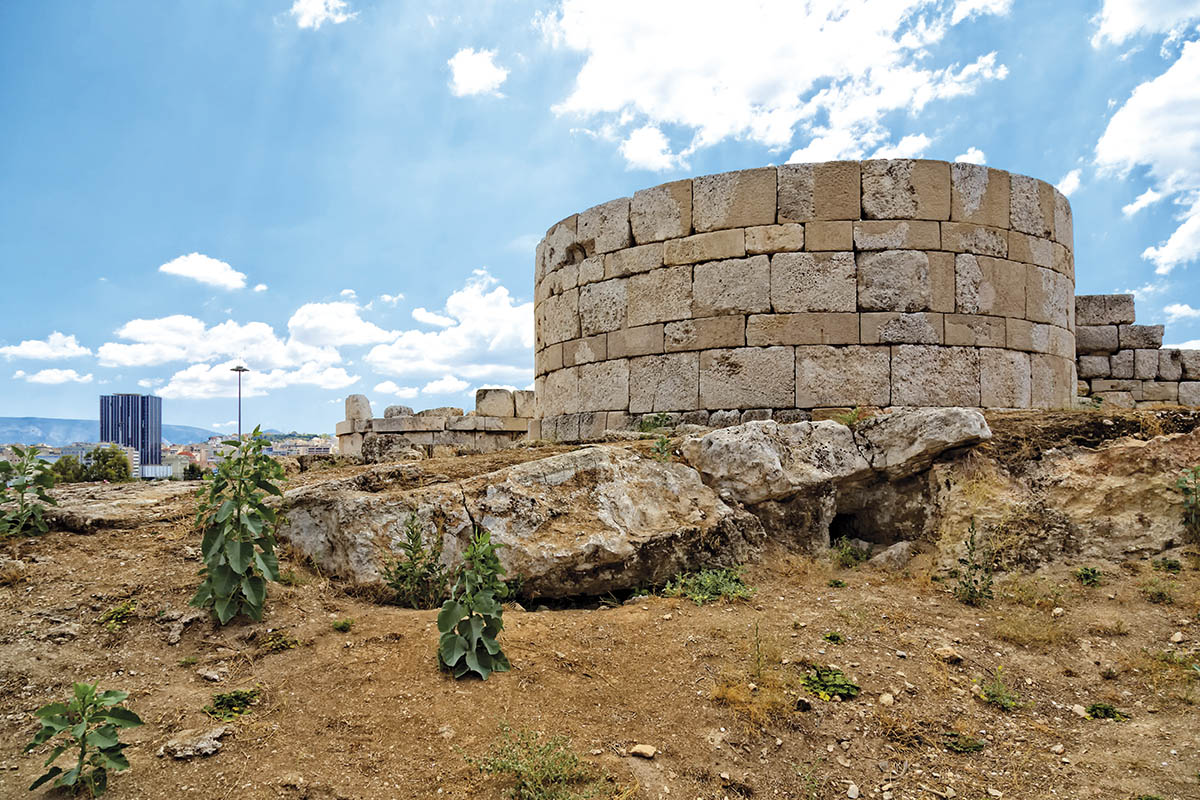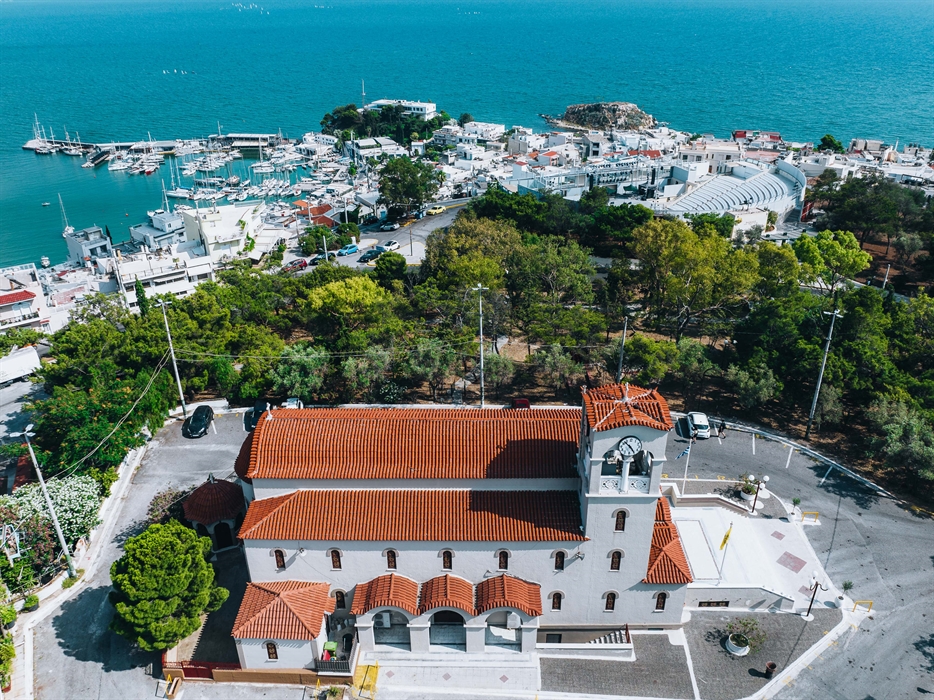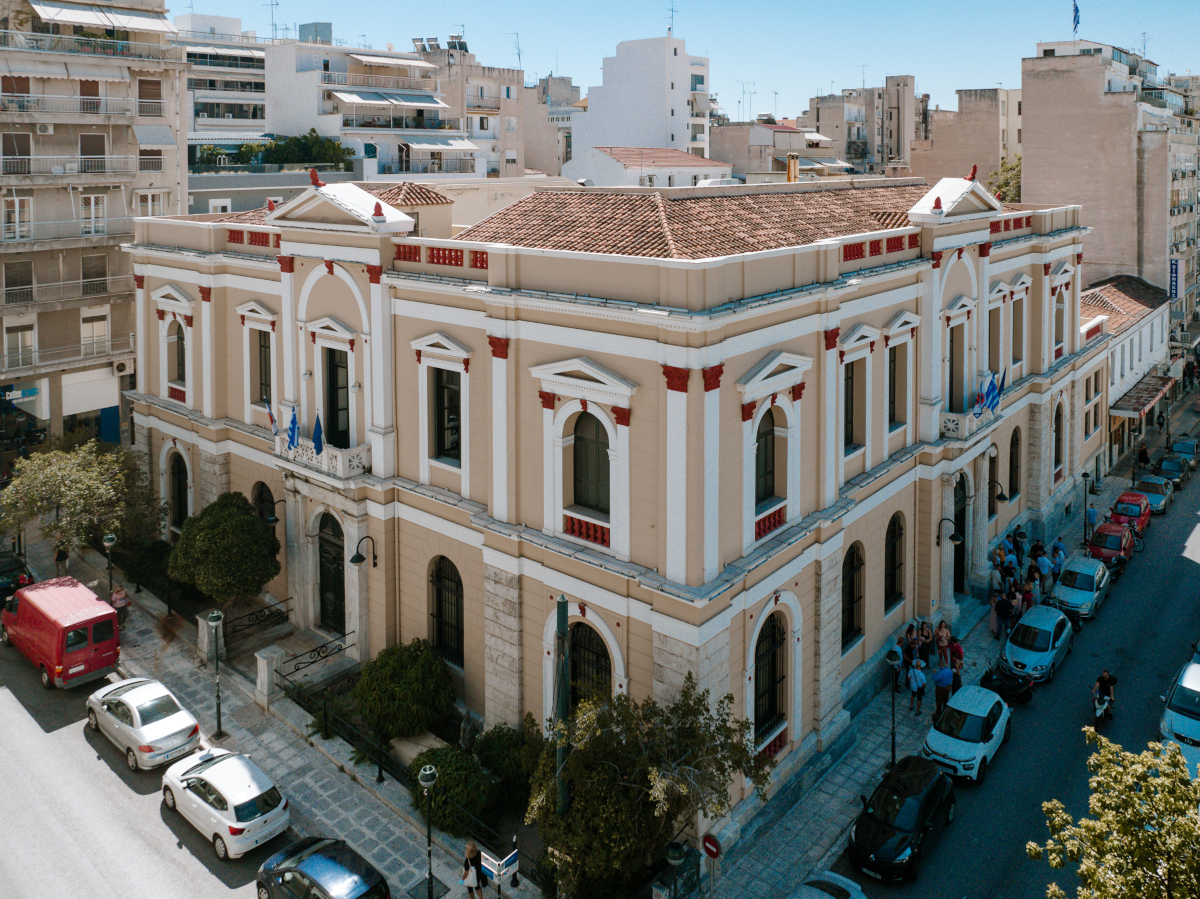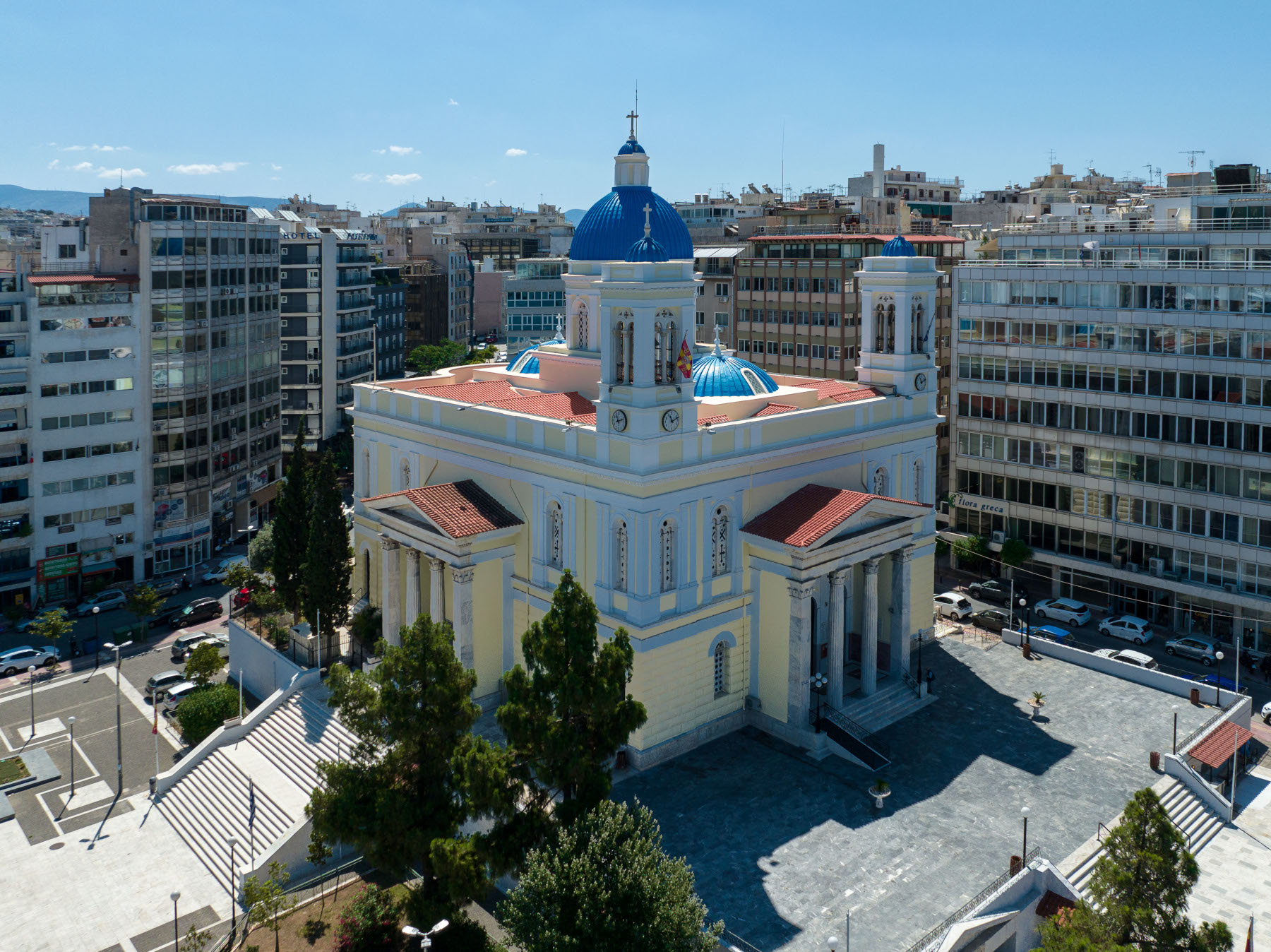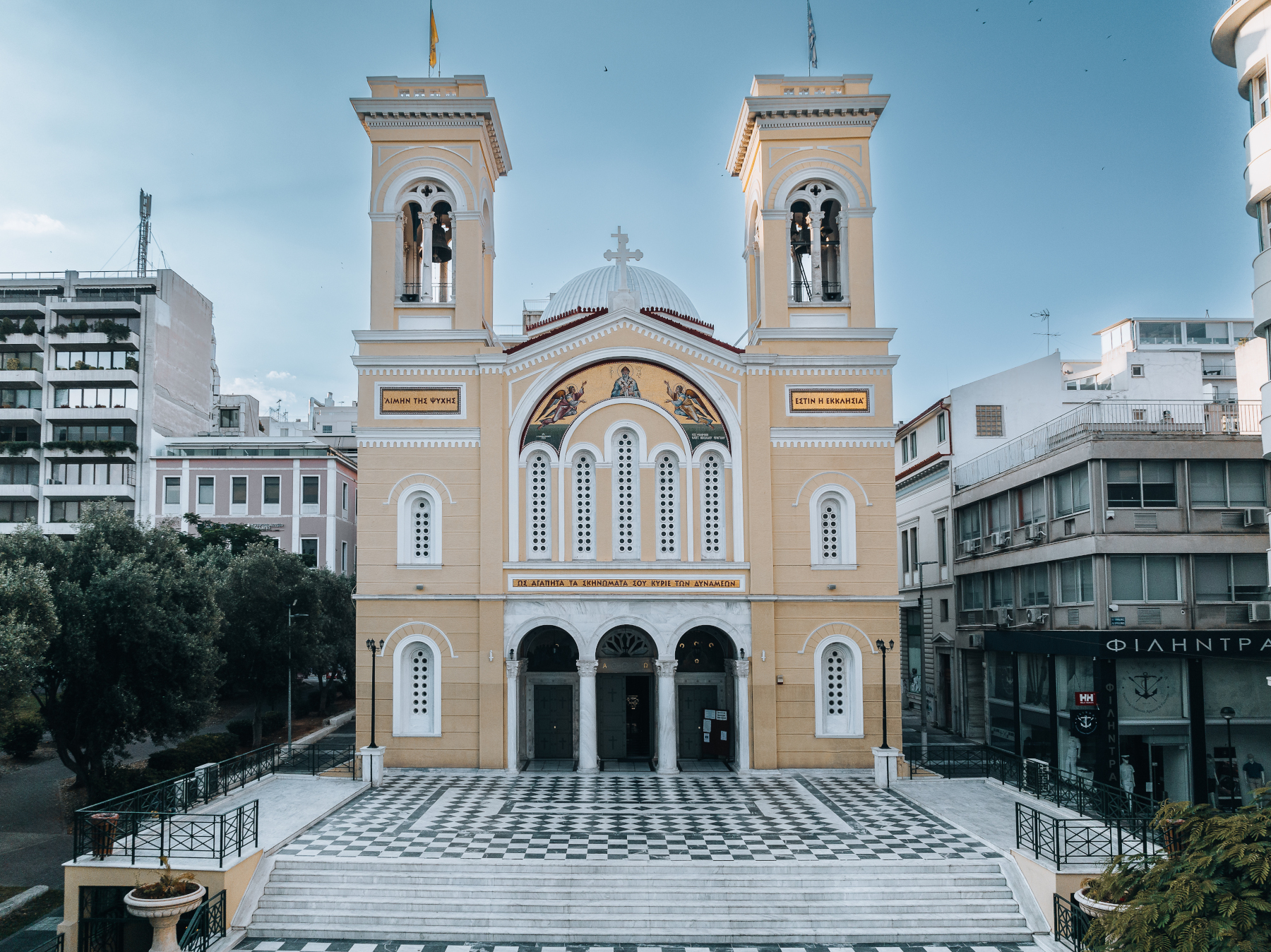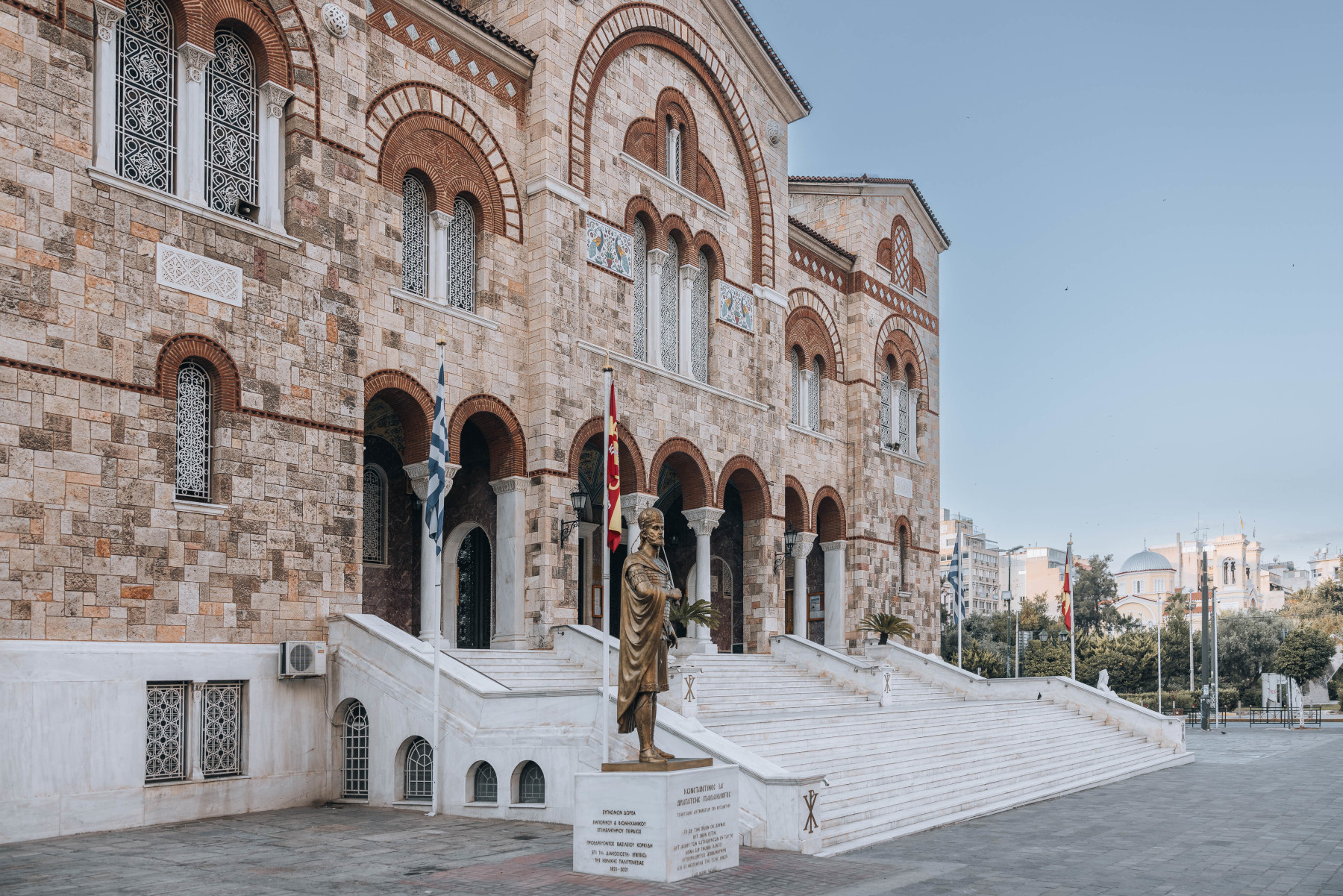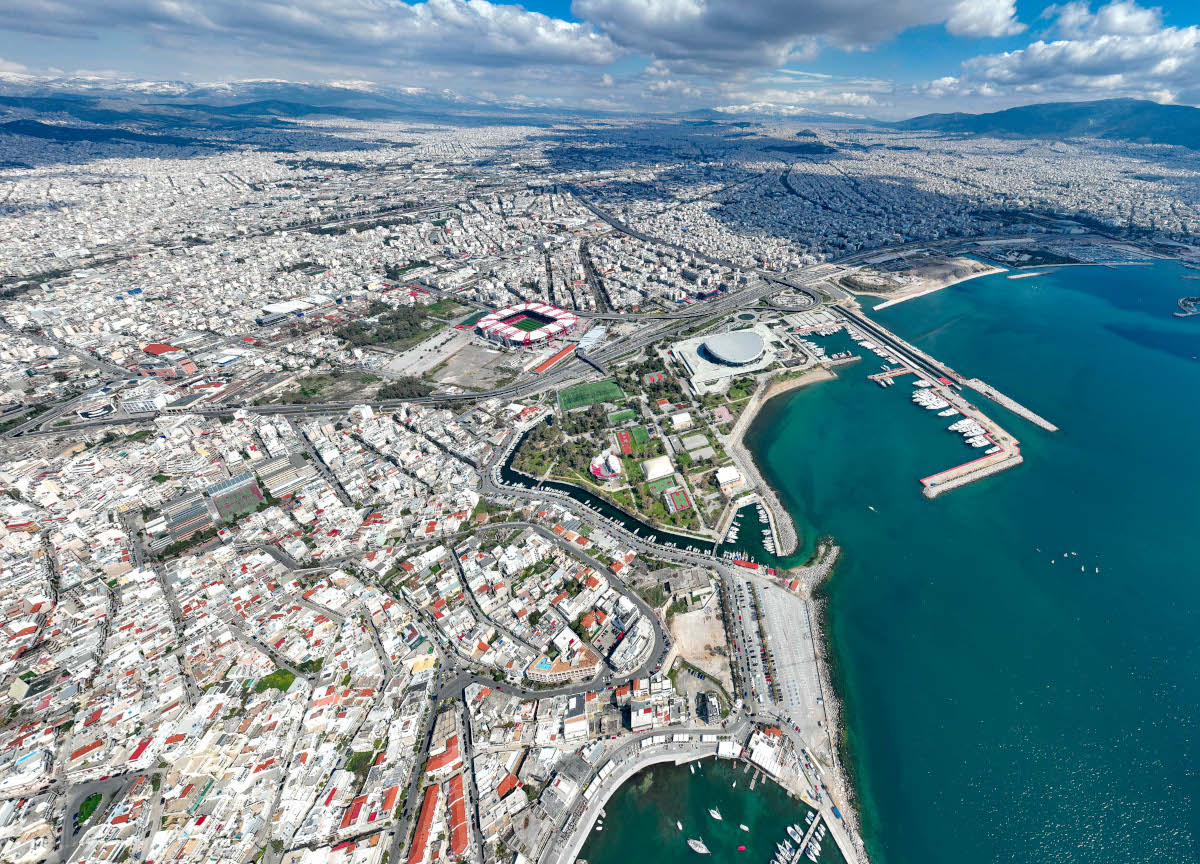Piraeus Rebetiko
Piraeus Rebetiko
When you first hear the old, authentic Piraeus Rebetiko songs, you'll be impressed but also a bit puzzled. First and foremost, with their lyrics that talk about hashish, dens (places where they went to smoke), hookahs, tough guys, the hardships of life, and poverty. Then, with the bouzouki, which takes the lead with intricate solos, as well as the vocal tones of the singers that are nothing like today's.
Rebetiko songs are the offspring of a musical genre born in an environment of poverty, sorrows, and abuses. They are not cheerful songs. They expressed social groups living on the margins of urban centers of the era and sought to find identity and expression through this music. The dances - zeibekiko, hasapiko - require special skill and a specific state of mind.
Musicologists are still researching the musical roots of Rebetiko. They combine Byzantine church music, folk songs, the amanes of Asia Minor, Turkish zeibekiko, tavern songs, and "kafé Aman" (cafes with 2 or 3 singers who improvised lyrics).
Piraeus has a special connection to Rebetiko, in which refugees from Asia Minor played a significant role after settling in the city from 1922 onwards. Rebetiko was born from the lives of the working class, and the Rebetes labored daily in various challenging jobs such as charcoal production, slaughterhouses, and foundries. The lyrics spoke about the port, girls, dens, and hovels, as well as individuals and incidents.
The Lemonadika was a gathering place, the fruit and vegetable market in Karaiskaki Square, where many poor refugees had settled ("Down at Lemonadika" by Vangelis Papazoglou is one of the most popular Rebetiko songs). Known Rebetes lived in this area, including Markos Vamvakaris, Anestis Delias, Mathesis, Genitsaris, and Papaioannou, among others. They mainly gathered at the café "Zorba the Greek" owned by Giorgos Batē. It opened in 1931, and some of the most important Rebetiko songs were written there.
The first ensemble that later made recordings on a phonograph was created in 1934. It was the famous "Tetras Xakousti tou Piraeus." Its members included Markos Vamvakaris, who later became famous throughout Greece, and his teacher Giorgos Batē, along with Anestis Delias and Stratos Payioumtzis. Their different origins, from Syros, Piraeus, Ayvalik, Smyrna, contributed to the diverse geography of Rebetiko. They became famous, and their records were in high demand - to the point that they wore out and broke from frequent playing (hence the phrase "spao plaka" meaning "I broke a record" was coined).
In the following years, Rebetiko moved beyond the "dens" and became the music of Piraeus and Athens' working-class neighborhoods. Songs were written and recorded on discs, and many of the new compositions followed the Rebetiko style. Stages for music performances were added to many taverns and "krasopoulia" (wine houses).
During Ioannis Metaxas' dictatorship (1936-1941), censorship was imposed on Rebetiko song lyrics. However, this music did not disappear; it continued its journey in Greek music culture through the people's love for it throughout the country and abroad. Famous Greek singers like Sotiria Bellou, Vasilis Tsitsanis, Stratos Kazandzidis, Grigoris Bithikotsis, Yiorgos Zambetas, Stratos Dionysiou, Vicky Moscholiou, and others included Rebetiko in their repertoires. In the 1980s, many young artists discovered and covered old Rebetiko songs and highlighted their influence on Greek society and music history.
If you want to get to know this unique music, all you have to do is spend an evening in the Rebetiko establishments in Piraeus. You'll find them in the city center. Check Google Maps for more information.
Information…
In the traditional coffeehouses, ouzeri, and taverns of Piraeus, you can listen to authentic Piraeus Rebetiko songs, as well as all those sung later by famous Greek singers.
Exhibitions and lectures on the subject of Piraeus Rebetiko are included in significant events such as Sea Days.
Markos Vamvakaris
"Frangosyriani," "The Minore of Dawn," "Your Eyelashes Shine," "Black Eyes, Black Eyebrows," "All the Rebetes of the World"... And who hasn't sung them! Markos, known as the "patriarch of Rebetiko," was a composer, lyricist, singer, and instrumentalist. He had a unique voice and great skill in the bouzouki. His records were in high demand. He wrote and sang many Rebetiko songs, which have been performed by numerous famous Greek singers to this day. Until 1940, he was the composer and lyricist who expanded the themes of Rebetiko, singing not only about love but also about poverty, social injustice, and exile.
A handsome man pursued by women, he fell in love with the "fateful woman" of his life, the charming but unfaithful Maniatissa Ziguala, who made his life a martyrdom but also inspired him. A man of the working class, he remained poor but left his mark on the history of music. Young people still listen to him today.
Markos Vamvakaris was born on Upper Syros in 1905 and arrived in Piraeus in 1917, where he worked odd jobs to support his family. From these difficult jobs (such as working as a skinner in the slaughterhouses), he drew inspiration for the lyrics of his songs. In the early 1930s, he recorded his first record on a phonograph. The creation of the ensemble "Tetras the Xakousti tou Piraeus" was particularly significant in the early years of his musical career. Between 1935-1940, he was particularly productive, and it was during this time that he wrote the famous "Frangosyriani."
His son, Stelios, also became an important musician and a continuation of his father's work.
The autobiography of Markos Vamvakaris is available as a book. As he said himself, "My heart drew me to write my story. I want to see it written and read it from the beginning to the end as if it belonged to someone else. I believe that this will help relieve the swelling in my heart, filled with so much and various things that no one would want to have in their own story."











